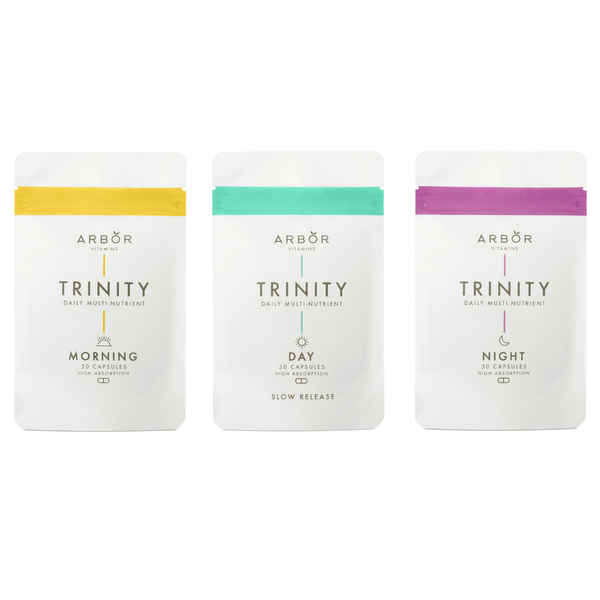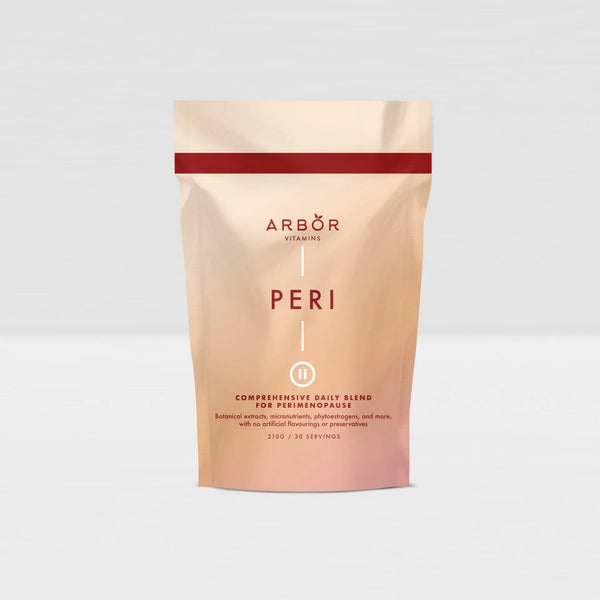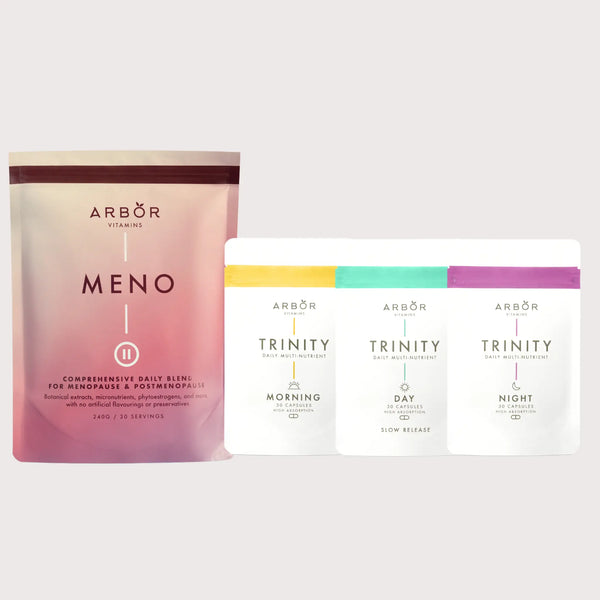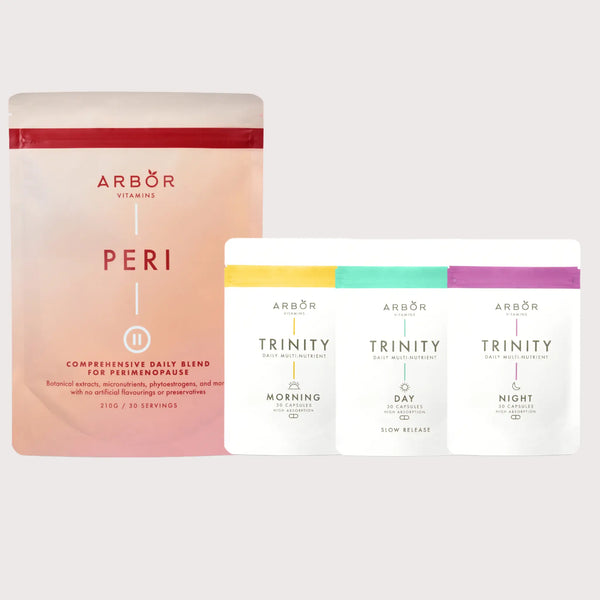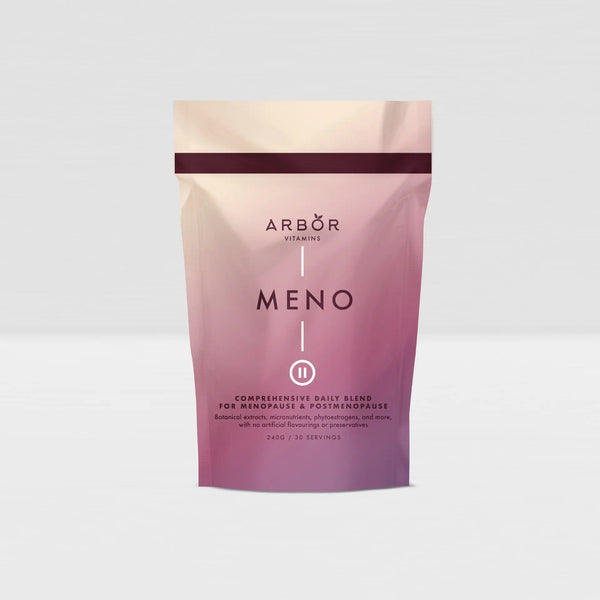Among all vitamins and minerals, trace minerals like selenium play the most crucial role. Arbor Vitamins presents an guide on what selenium is, its food sources, and if selenium really boost the immune system against different attacks and diseases.
In today's health-conscious society, many of us constantly look for ways to strengthen your immune system and avoid infection. Selenium is a crucial element among the many nutrients, minerals, and supplements for enhancing the strength of your immune system.
Does Selenium Really Help?
Selenium is a trace mineral. It is a critical component that your system needs in small amounts to operate appropriately. It is an antioxidant and functions with vitamin E to destroy free radicals and protect cells from oxidative damage.
In addition, selenium is essential for reproduction, thyroid hormone metabolism, DNA synthesis, and immunological function.
The Relationship Between Selenium and Immunity
Numerous research studies have examined the link between selenium levels and immunological function, yielding intriguing results. Selenium has been shown to influence innumerable components of the immune response, including the activity of immune cells including:
- T cells
- B cells
- Natural killer (NK) cells
These cells perform primary roles in perceiving and eliminating contaminations, fortifying your body's guarded systems.
Click here to buy our TRINITY Nutrient Formulas.
What are the Best Dietary Sources of Selenium for Optimal Health?
Fortunately, many healthy foods are high in selenium. The following foods are excellent sources:
- Oysters: 238% of the DV in 3 ounces (85 grams)
- Brazil nuts: 174% of the DV in one nut (5 grams)
- Halibut: 171% of the DV in 6 ounces (159 grams)
- Yellowfin tuna: 167% of the DV in 3 ounces (85 grams)
- Eggs: 56% of the DV in 2 large eggs (100 grams)
- Sardines: 46% of the DV in 4 sardines (48 grams)
- Sunflower seeds: 27% of the DV in 1 ounce (28 grams)
- Chicken breast: 12% of the DV in 4 slices (84 grams)
- Shiitake mushrooms: 10% of the DV in 1 cup (97 grams)
These cells play key roles in detecting and fighting infections, bolstering your body's defence mechanisms. Therefore, the selenium levels in crops are heavily influenced by the cultivation location.
For example, one study discovered that selenium concentrations in Brazil nuts varied greatly by area. A single Brazil nut from one place produced up to 288% of the necessary consumption, whilst others only gave 11%.
Therefore, consuming a varied diet that includes multiple sources of this essential mineral is crucial.
Is Selenium a Powerful Antioxidant?
Selenium, a powerful fighter, supports the balance of free radicals and the counteraction of oxidative pressure, which has been connected to different illnesses and to ageing processes.
Selenium's Dose Response Curve
While selenium supplementation benefits some people, it should be approached with caution. Selenium has a U-shaped dose-response curve. It means that both a deficit and an excess can harm health.
Selenosis is due to excess levels of selenium. It is a disorder characterised by symptoms such as:
- Hair loss
- Nail brittleness
- Gastrointestinal difficulties
- Neurological abnormalities
Consulting with a Healthcare Professional
Before taking selenium supplements, speak with a healthcare practitioner, especially if you have underlying health concerns or are using medicines.
A trained healthcare professional can analyse your needs, propose suitable dietary modifications or supplementation, and regularly test your selenium levels to guarantee the best health outcomes.
Click here to buy TRINITY Nutrition.
The Bottom Line
So, can selenium really boost the immune system? Yes!
Selenium shows promise as a vitamin for improving immune function and general health. Its antioxidant capabilities and involvement in immune response modulation highlight the necessity of appropriate selenium consumption in maintaining a robust immune system.
You can maximise your immune system and improve your well-being by eating selenium-rich foods as part of a balanced diet and including our TRINITY formulas which support selenium intake.


